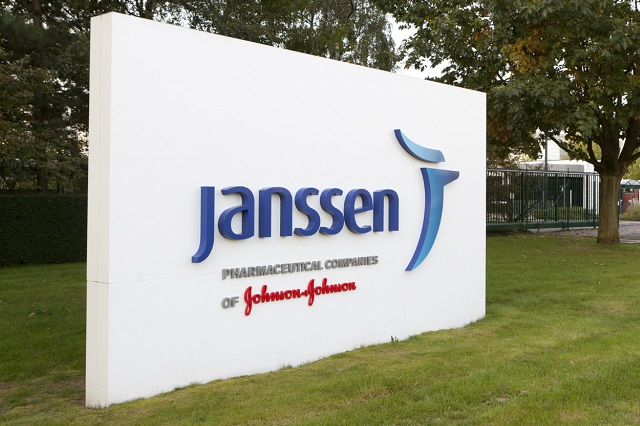Janssen shares positive phase 3 results for erdafitinib in bladder cancer
08 Jun 2023
Clinical ResultPhase 3ASCOAccelerated Approval

Preview
Source: PMLiVE
The Janssen Pharmaceutical Companies of Johnson & Johnson (Janssen) has shared positive results from a late-stage study of erdafitinib in urothelial carcinoma, the most common type of bladder cancer.
Urothelial carcinoma accounts for approximately 90% of bladder cancer cases, and up to 20% of patients diagnosed with metastatic urothelial carcinoma have an FGFR genetic alteration.
Despite most urothelial carcinomas being diagnosed at an early stage, rates of recurrence and disease progression are high and a significant proportion of patients who undergo radical surgery will experience disease recurrence.
Martin Vogel, EMEA therapeutic area lead oncology, Janssen-Cilag GmbH, said: "Bladder cancer, of which urothelial carcinoma is the most common form, carries a high burden of disease for patients... Patients with advanced urothelial carcinomas, including FGFR-driven tumours who have exhausted standard treatment options, can face a particularly poor prognosis.”
Results from an interim analysis of cohort 1 in the phase 3 THOR trial, which evaluated Janssen’s FGFR tyrosine kinase inhibitor versus chemotherapy in patients with metastatic or unresectable urothelial carcinoma and selected FGFR gene alterations who had received prior treatment with an anti-PD-L1 agent, were presented at the American Society of Clinical Oncology annual meeting.
The study met its primary endpoint of overall survival in this cohort and reduced the risk of death by 36%. Treatment with erdafitinib also provided significantly longer progression free survival and greater overall response rate versus chemotherapy.
Overall survival benefit with erdafitinib versus chemotherapy was also consistently observed across all subgroups, the company said, and the safety profile of erdafitinib was in line with the known safety profile of the drug in metastatic urothelial carcinoma.
“This data demonstrates the potential benefit of targeted therapy in effectively inhibiting the growth of FGFR-altered tumours and provides hope that we can tailor treatment to improve outcomes for these patients," Vogel said.
These interim results met the predefined criteria for superiority, Janssen outlined, adding that the independent data safety monitoring committee have recommended the study be stopped and that all patients randomised to chemotherapy be offered the opportunity to cross-over to erdafitinib.
Erdafitinib has already received accelerated approval from the US Food and Drug Administration as a targeted therapy for certain adult patients with locally advanced or metastatic urothelial carcinoma with susceptible FGFR3 or FGFR2 genetic alterations.
For more details,please visit the original website
The content of the article does not represent any opinions of Synapse and its affiliated companies. If there is any copyright infringement or error, please contact us, and we will deal with it within 24 hours.
Organizations
Hot reports
Get started for free today!
Accelerate Strategic R&D decision making with Synapse, PatSnap’s AI-powered Connected Innovation Intelligence Platform Built for Life Sciences Professionals.
Start your data trial now!
Synapse data is also accessible to external entities via APIs or data packages. Leverages most recent intelligence information, enabling fullest potential.





